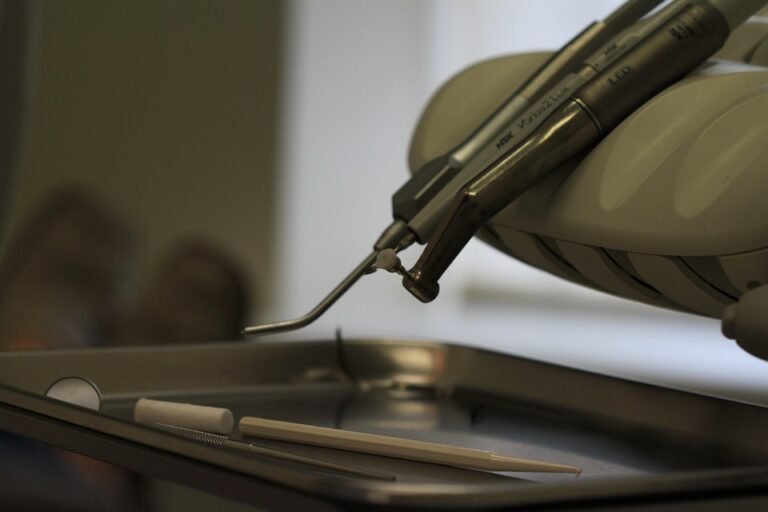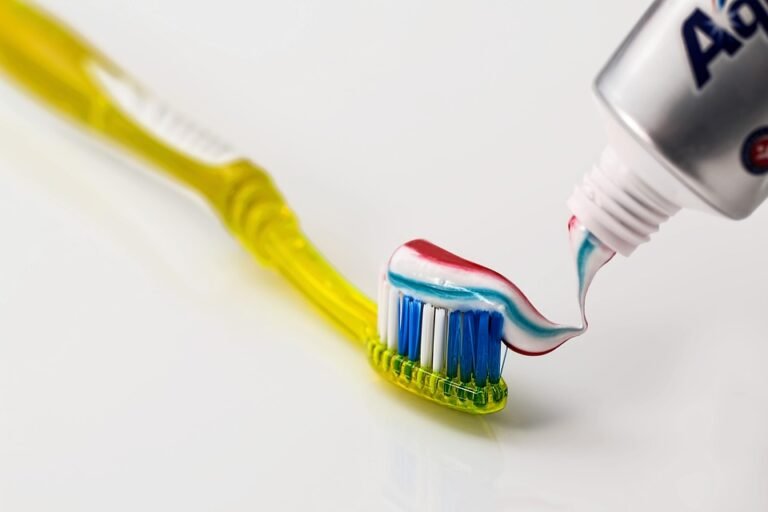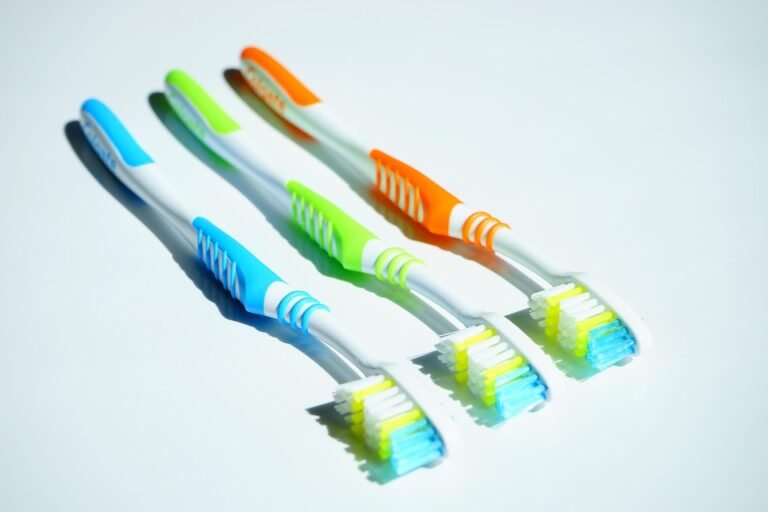Does continuing education help dentists stay updated with new technologies
Okay, so I’m a dentist, obviously, and I’m starting to feel a little… behind the curve. I graduated ten years ago, and while I’ve kept up with the bare minimum CE credits required for my license, I haven’t really gone above and beyond. I’m noticing a lot of younger dentists are using things like digital impressions and chairside milling machines, and even software for treatment planning that I’ve only vaguely heard of.
Honestly, the technology feels overwhelming. I’m comfortable with my tried-and-true methods, but patients are starting to ask about these newer technologies, and I don’t want to lose them to practices that are more modern. I also don’t want to invest in expensive equipment or software if it turns out to be a fad, or if I’m not comfortable using it properly.
So, the question is: Does actively pursuing continuing education specifically focused on new technologies actually help in practical terms? I mean, beyond just checking a box for license renewal. Does it make it easier to learn and implement these new technologies in my practice? Are there specific types of CE courses that are better for this kind of learning – like hands-on workshops vs. online lectures? Any experiences anyone can share about how continuing education has (or hasn’t) helped them keep up with the rapidly evolving world of dental technology would be really appreciated!
Answer
Continuing education (CE) is crucial for dentists to stay updated with new technologies in several significant ways. Here’s a breakdown:
1. Direct Exposure to New Technologies:
- Hands-on Courses: Many CE courses offer hands-on workshops where dentists can directly use and practice with new technologies. This allows them to understand the practical applications, benefits, and limitations of the equipment or techniques before investing in them for their practice. Examples include courses on digital impression systems, CAD/CAM dentistry, laser dentistry, cone-beam computed tomography (CBCT), and 3D printing.
- Demonstrations and Lectures: CE events frequently feature lectures and demonstrations by experts who are actively using and researching new technologies. These presentations provide valuable insights into the scientific basis, clinical workflows, and potential advantages of the technologies. Dentists can learn about the latest research findings, clinical protocols, and best practices for incorporating new technologies into their treatment plans.
- Vendor Exhibits and Trade Shows: CE events typically include vendor exhibits and trade shows where manufacturers showcase their latest products and technologies. This provides dentists with an opportunity to see the equipment firsthand, ask questions to vendor representatives, and compare different options.
2. Understanding Technological Advancements and Integration:
- Comprehensive Knowledge: CE courses provide dentists with a comprehensive understanding of the underlying principles of new technologies, including their scientific basis, mechanisms of action, and potential risks and benefits. This knowledge is essential for making informed decisions about whether to adopt a particular technology and how to use it safely and effectively.
- Workflow Integration: CE courses often focus on how to integrate new technologies into existing clinical workflows. This includes training on how to use the technology efficiently, how to delegate tasks to staff members, and how to optimize treatment protocols for improved patient outcomes.
- Software and Data Management: Many new dental technologies rely on software and data management systems. CE courses often provide training on how to use these systems effectively, including how to acquire, store, and analyze data from various sources. This is essential for maximizing the value of the technology and for ensuring patient privacy and data security.
3. Improving Clinical Skills and Patient Outcomes:
- Enhanced Diagnostic Capabilities: Technologies like digital radiography, CBCT, and intraoral scanners can improve diagnostic accuracy and allow dentists to detect problems earlier and more effectively. CE courses on these technologies provide training on how to interpret the images and data they generate, leading to more precise diagnoses and treatment plans.
- More Predictable Treatment Outcomes: Many new technologies can improve the predictability and precision of dental procedures. For example, CAD/CAM technology can be used to fabricate highly accurate restorations, while laser dentistry can be used to perform minimally invasive surgeries. CE courses on these technologies provide training on how to use them to achieve optimal clinical results.
- Improved Patient Experience: By adopting new technologies, dentists can often improve the patient experience. For example, digital impression systems eliminate the need for messy impression materials, while laser dentistry can reduce pain and discomfort during procedures. CE courses emphasize patient communication and satisfaction, helping dentists to effectively explain the benefits of new technologies to their patients.
4. Meeting Regulatory and Ethical Requirements:
- Compliance: Some new dental technologies are subject to specific regulatory requirements, such as radiation safety standards for CBCT imaging. CE courses can help dentists stay up-to-date on these requirements and ensure that they are compliant with all applicable laws and regulations.
- Ethical Considerations: New technologies raise ethical considerations, such as the use of artificial intelligence in diagnosis and treatment planning. CE courses can provide dentists with guidance on how to use these technologies ethically and responsibly, with a focus on patient autonomy, informed consent, and data privacy.
5. Networking and Collaboration:
- Professional Connections: CE events provide dentists with opportunities to network with colleagues and experts in the field. This can lead to valuable collaborations and the sharing of best practices.
- Staying Informed: Networking with colleagues and experts can also help dentists stay informed about the latest technological developments and trends.
In conclusion, continuing education is essential for dentists to stay updated with new technologies. It provides them with the knowledge, skills, and resources they need to adopt these technologies safely and effectively, improve clinical outcomes, and enhance the patient experience. Furthermore, CE helps dentists remain compliant with regulations and ethical guidelines related to the use of advanced technologies.




